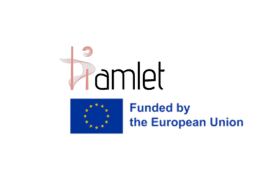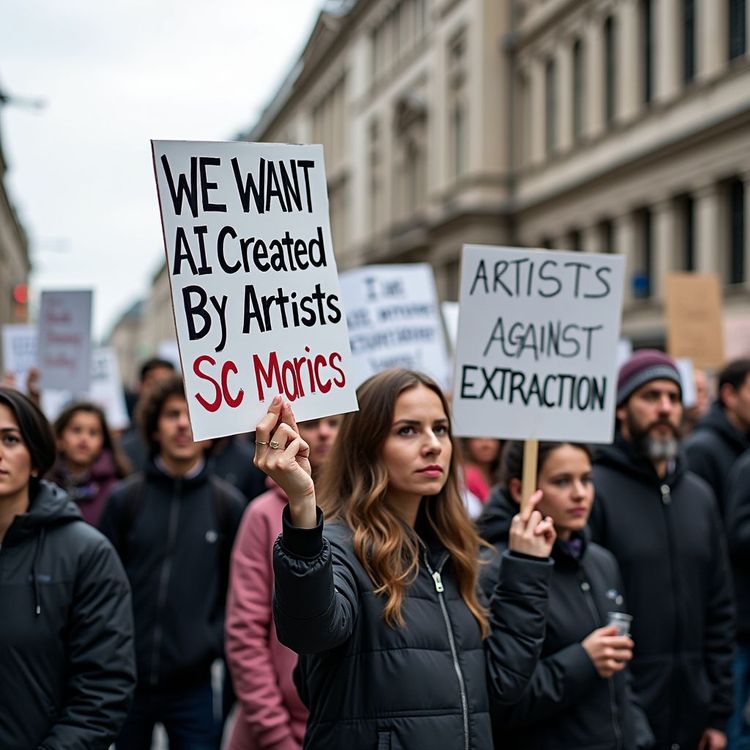Generative AI tools - AI chatbots, image and voice generators – create ethically controversial situations: copy-right violations, deepfakes and more.
Artists and creatives are questioning the ethics and originality of works generated by AI-platforms.
This prompts the question: When AI tools are consuming creative works to become enabled to ‘create’ results that are perceived as new creative works, who then creates AI? A question following that is what AI do ‘we’ need? What art AI tools do artists make; What public AI tools does the public make?
Flavia Dzodan, Lector Algorithmic Cultures, Joumana Mourad, Artistic Director of IJAD Dance company, James Patton, independent narrative game designer and Sabine Roeser, professor of ethics of emerging technologies, will discuss art as an ethical practice in AI tools making.
This panel is part of the research project HAMLET – Empowering Cultural and Creative Industries through AI and Collaboration, funded by the European Union [GA 101178362]. Views and opinions expressed are however those of the author(s) only and do not necessarily reflect those of the European Union or European Research Executive Agency (REA). Neither the European Union nor the granting authority can be held responsible for them.

